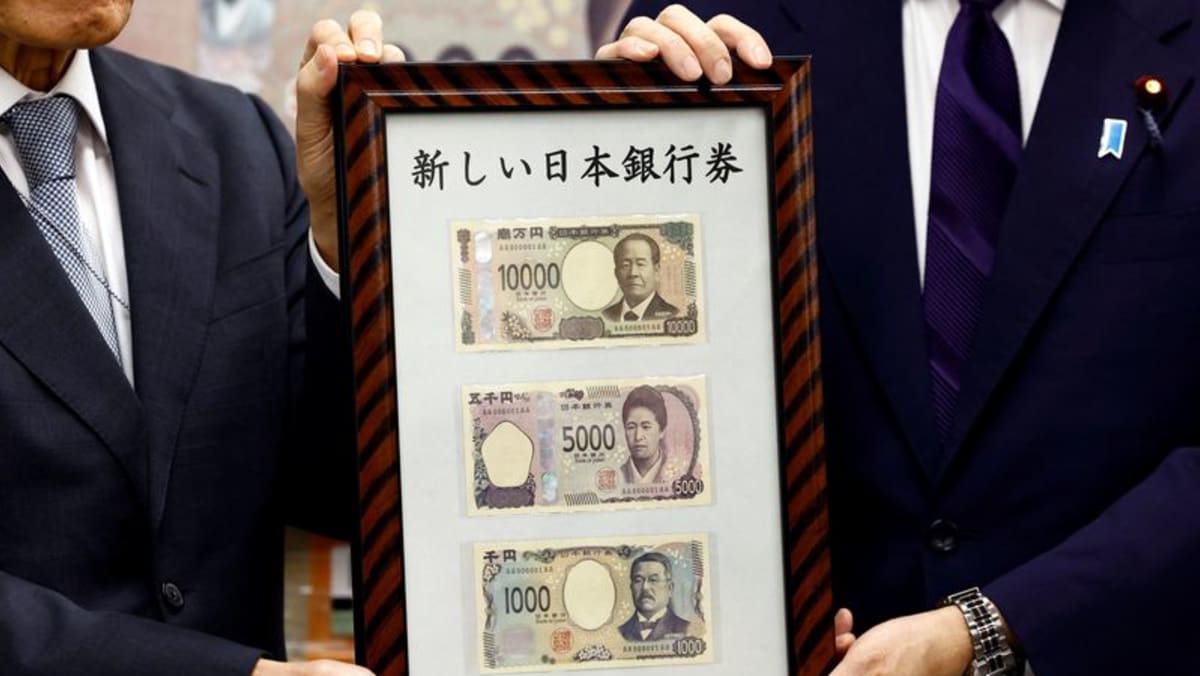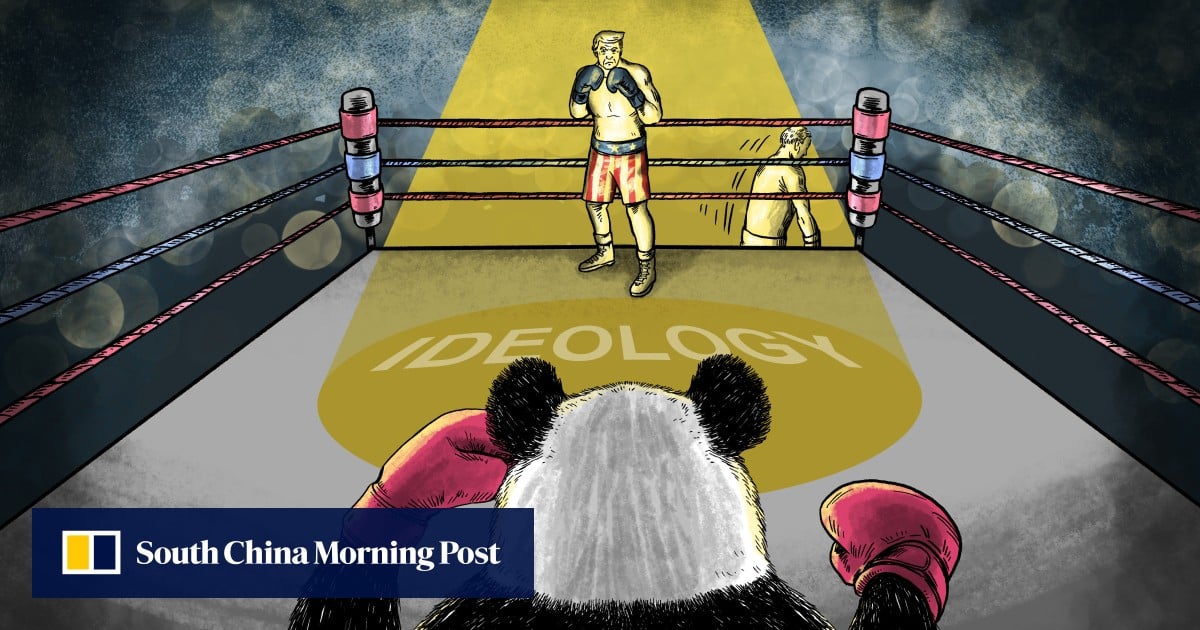LESSONS FOR TODAY
The nation of today can continue to learn from the experiences of all three.
The first takeaway is the value of exposure to new ideas. The trio had formative international education, assimilating what was then cutting-edge knowledge before bringing it back home. Today, the number of Japanese studying overseas is falling, and had already started to plateau before COVID-19 and the weak yen. Authorities should learn from the trio’s experience and double down on efforts to reverse that trend.
Secondly, create things. When Japan’s economic bubble burst in the early 1990s, the culture of graduates favouring working at safe, large corporations became entrenched. In recent years, that’s just beginning to unwind: Let these lessons accelerate that trend.
Tsuda’s women’s school would become a prestigious university. Kitasato created a pioneering centre for infectious disease research, and co-founded what would become today’s US$24 billion maker of medical devices, Terumo. Shibusawa left the safety of the finance ministry to become a serial founder and proto-venture capitalist, setting up institutions including the Tokyo Stock Exchange in the process.
Finally, it’s never too late to change. Tsuda didn’t get to attend university until her mid 20s, and was well into her 30s by the time she founded her school. In his youth, Shibusawa threw in with anti-foreign extremist views, but later became one of the staunchest proponents of bringing Western thought to Japan. Today, the country is becoming more receptive to different paths to success, but the fear of following the wrong path still persists.
Wealth, health, education and advocacy: Youth in the Japan of today can find much to learn from this trio – assuming, of course, they’re not reaching for their cashless payment-equipped smartphones instead.







